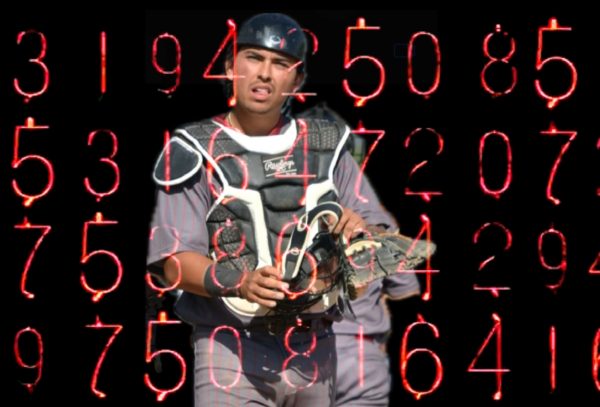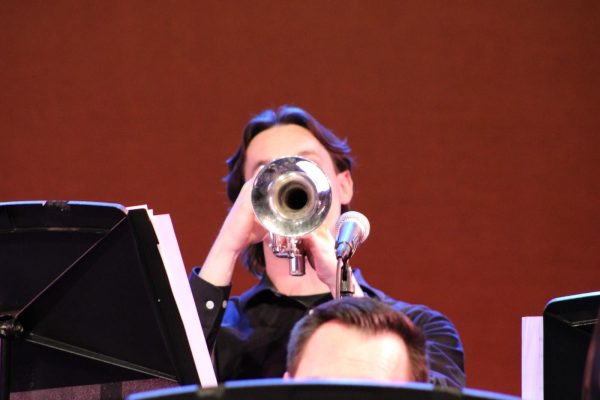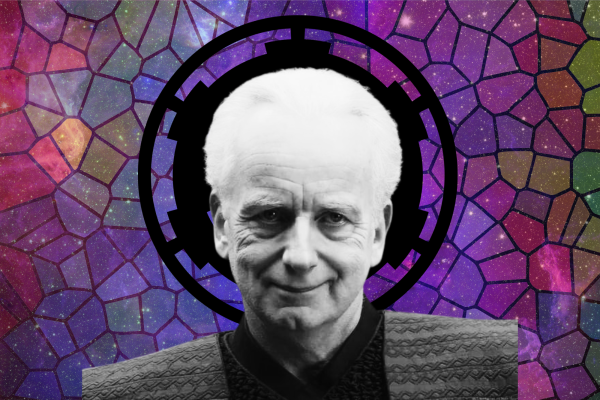Staff Picks: Faults
The sixth installment of a series showcasing our staff’s favorite movies and why they love them
“Faults” by Riley Stearns is a cinematic juggernaut for me. It uses control and the subversion of expectation to completely blindside its audience before the film’s actual intent is revealed. The film primarily follows Ansel Roth, one of the world’s leading experts on mind control and cult behavior, and Claire, a recent cult inductee whose parents have contacted Roth.
Through this brief synopsis and a majority of the film itself, one thing is made clear to the audience: Roth is the one with the control in this relationship. He is the medical professional tasked with helping a struggling young girl, and subsequently, that same young girl is dependent on him. But as we learn in the latter half of the film, none of this is true in the slightest. Roth never had any control, and everything was facilitated by Claire herself.
After a series of events in which Roth is attacked, threatened and reduced to his weakest state, Claire abandons her “innocent girl caught around the wrong group of people” act and begins to break Ansel even further before offering him a solution, her cult. The audience learns that Claire is the head of this particular cult and had been watching over Roth as the perfect inductee. Everything, even her “parents” enlisting Roth, to help was orchestrated by Claire.
Now, this short synopsis of the film’s emotional betrayals and use of expectation subversion doesn’t do it justice, but it is the reason why it is my favorite movie and I see it as a masterpiece.
Most movies that rely on a big twist at the end to be their big moment either broadcast that plot twist too openly, which leads more times than not to the audience being able to predict the ending hours before or they fail to provide a cohesive reason as to why the twist happened. But “Faults” was able to avoid both of those pitfalls.
I fell in love with Claire as a character and grew attached to Roth as I watched him struggle with mistakes he’s made in the past but ultimately grow. Then out of nowhere the Claire I knew wasn’t real and Ansel was stripped to nothing more than a follower of Claire and her cult. The shift was so unexpected, but only because the movie is being viewed through the lens of Roth. On a rewatch, if you watch it through Claire’s perspective everything makes complete sense. To Claire, she was the one who was truly enlisted for help, and in the end she was able to heal a broken man.



